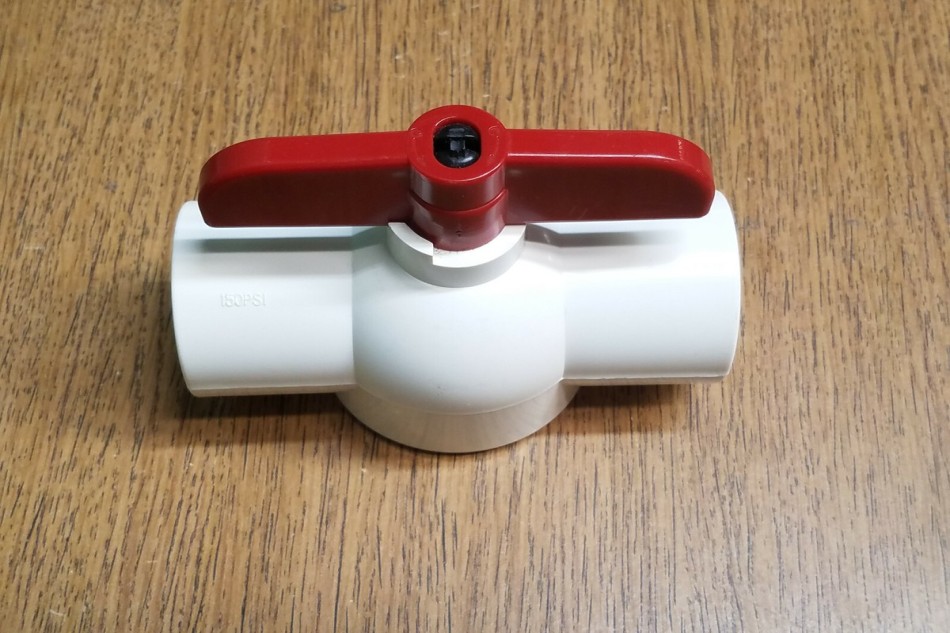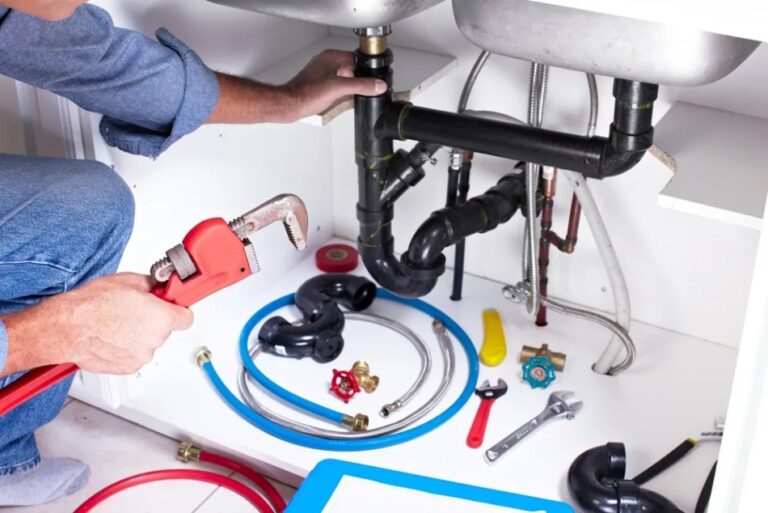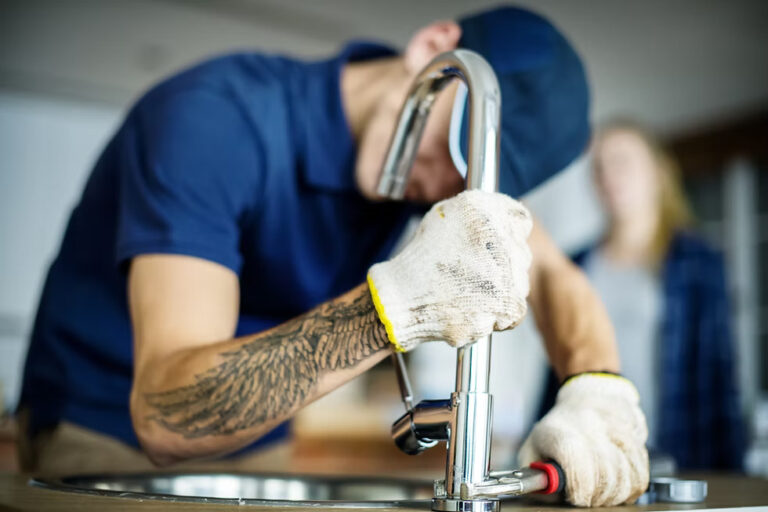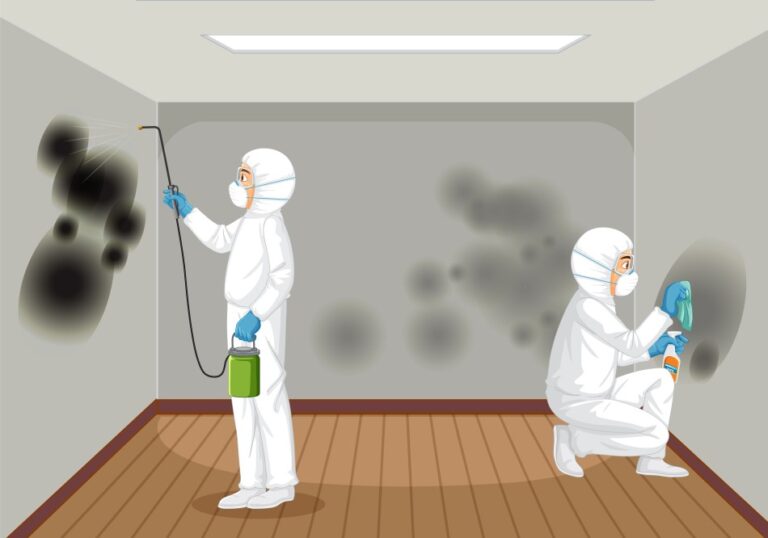PVC ball valves have become essential in contemporary plumbing, irrigation, and industrial water systems, thanks to their user-friendly design, robust nature, and affordability. Whether you’re a homeowner, contractor, or industrial engineer, these valves provide a reliable means of controlling water and fluid flow.
In this 2025 update, we’ll cover everything you need to know about PVC ball valves, including popular types like union PVC ball valves, larger variants such as 3-inch ball valves, and the latest trends in 1-inch ball valve pricing in India.
What is a PVC Ball Valve?
A PVC ball valve is a mechanical device designed to manage the flow of liquids by rotating a hollow ball within the valve body. It employs a straightforward quarter-turn mechanism that opens or closes the valve with a 90-degree turn of the handle.
Made from polyvinyl chloride (PVC), these valves are lightweight, resistant to corrosion, and easy to install. They work best in cold water systems and are commonly found in applications ranging from garden irrigation to chemical transport.
Why Opt for a PVC Ball Valve?
PVC ball valves are often preferred over metal options due to several advantages:
– Compact and Easy Installation: Their lightweight design makes them simple to work with.
– Corrosion Resistance: They are not susceptible to rust or water damage.
– Chemical Durability: Suitable for chemical transfer tasks.
– Low Maintenance: They can be relied upon for long-term use with minimal upkeep.
– Affordable: Cost-effectiveness makes them great for large projects.
– Quick Action: The valve fully opens or closes with just a 90-degree turn of the handle.
These valves are ideal for low to medium-pressure environments and can typically withstand temperatures up to 60°C.
Common Types of PVC Ball Valves
There are various types of PVC ball valves, each designed for specific applications. Here’s a summary of the most frequently used types in 2025:
-
Union PVC Ball Valve
This popular type features detachable ends (unions) that simplify removal for cleaning or replacement. It’s especially useful for systems that require regular maintenance, such as aquariums, water tanks, and chemical lines.
Benefits:
– Quick maintenance without the need to cut pipes
– Leak-proof design with secure seals
– Available in various sizes
-
Single Piece Ball Valve
Molded as a single body, this valve is perfect for basic shut-off functions like garden hoses or household taps. It is compact, straightforward, and budget-friendly.
Use Cases:
– Home plumbing
– Lawn irrigation systems
-
Double Union Ball Valve
Also called a true union ball valve, this type offers maximum flexibility as both ends can be detached. It’s often utilized in industries that require frequent valve changes.
Applications:
– Chemical processing
– Pool and spa plumbing
– Laboratory systems
4 Inch Ball Valve Overview
The 3 inch PVC ball valve is engineered for heavy-duty performance in high-volume fluid systems, making it particularly suitable for agricultural and large industrial environments. These valves are built to last, boasting durability and high capacity, ready for extended usage under demanding conditions.
Industries Utilizing 3 Inch Valves Include:
– Wastewater treatment facilities
– Agricultural irrigation systems
– Factory pipeline networks
Applications of PVC Ball Valves
Owing to their versatile design and resistance to chemicals, PVC ball valves find usage in a variety of sectors:
– Residential plumbing: Ideal for showers, tanks, washbasins, and garden systems.
– Agricultural irrigation: Perfect for drip and sprinkler irrigation.
– Industrial processing: Essential for chemical handling and fluid control tasks.
– Swimming pools: Effective for managing chlorine and water circulation.
– Laboratories: Safe for handling corrosive liquids.




